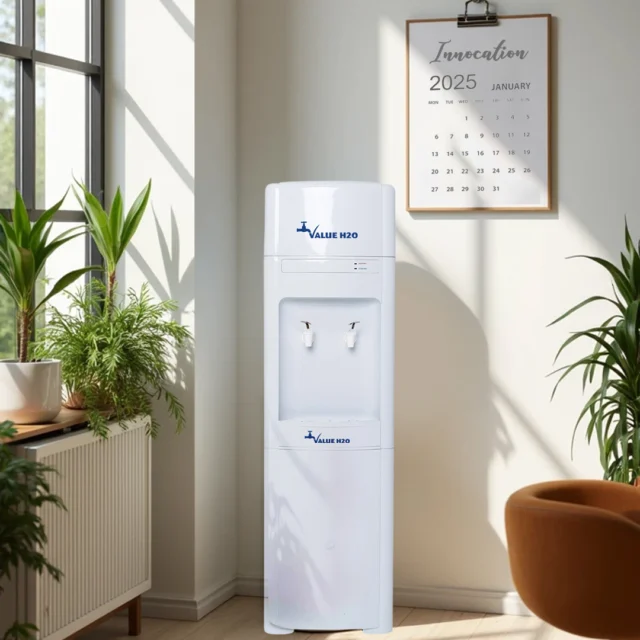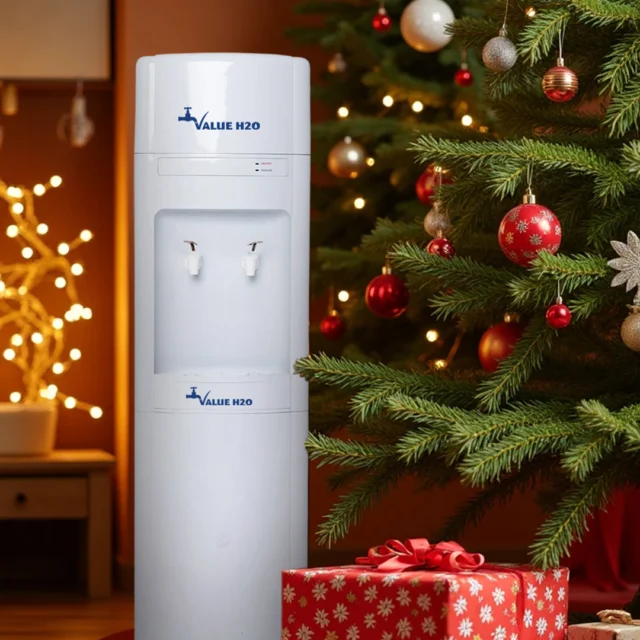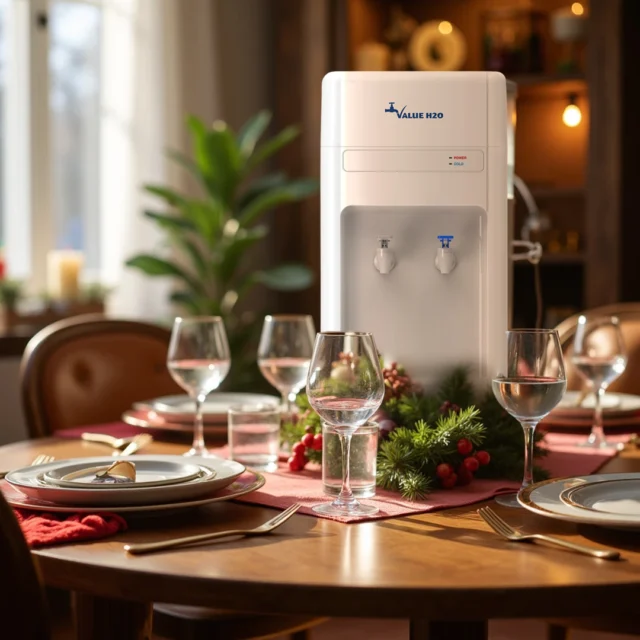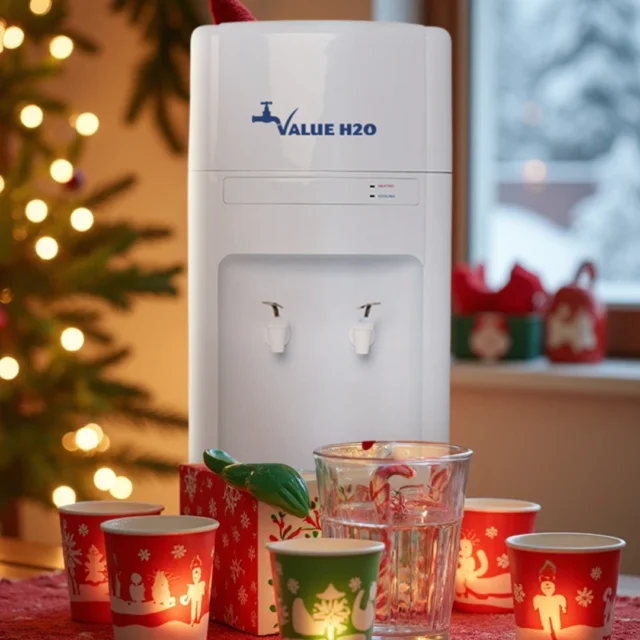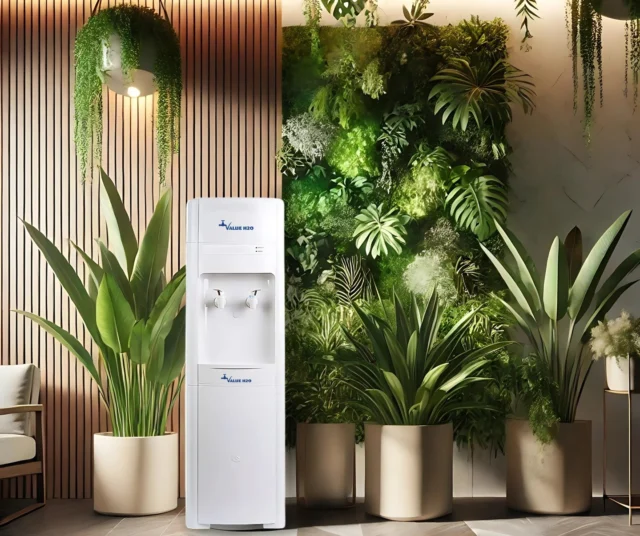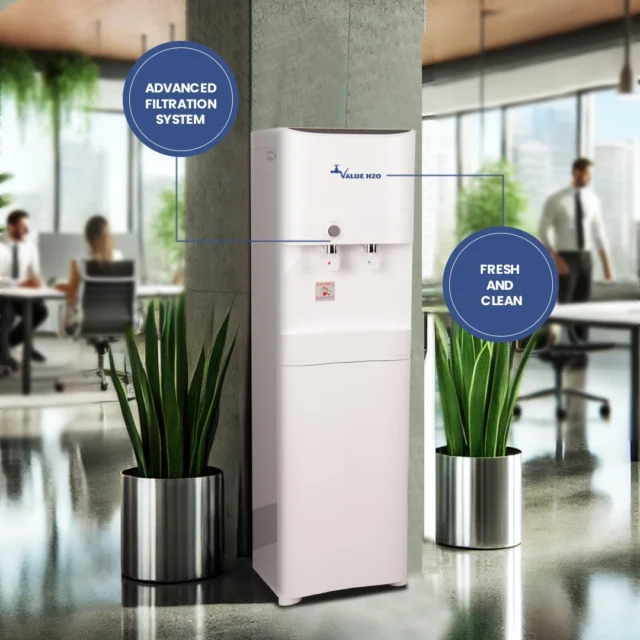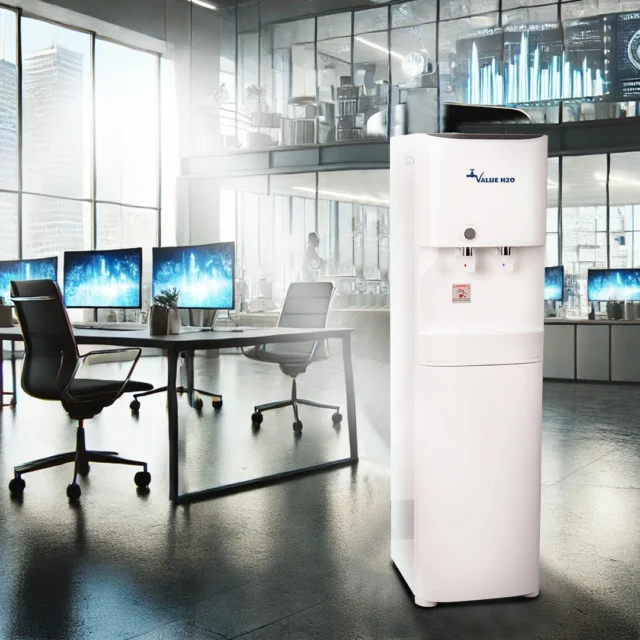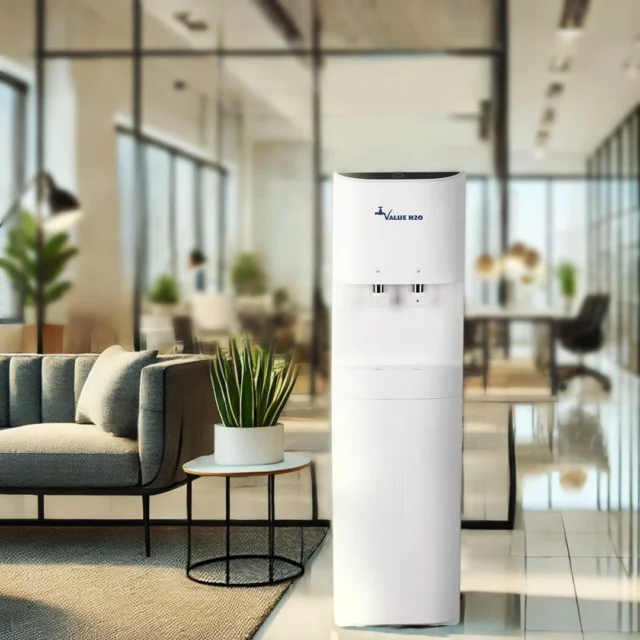In today’s environmentally conscious world, businesses and households are seeking sustainable solutions to reduce their carbon footprint. One significant contributor to environmental impact is the choice between bottled water and water coolers. While bottled water may seem convenient, its production, transportation, and disposal come with substantial environmental costs. In contrast, water coolers provide a more sustainable and eco-friendly alternative. Let’s explore the carbon footprint of bottled water versus water coolers and why switching to a water cooler is a smart choice for the planet.
Understanding the Carbon Footprint of Bottled Water
The production and transportation of bottled water are resource-intensive processes that contribute significantly to carbon emissions. Key factors include:
- Production of Plastic Bottles: Manufacturing plastic bottles requires petroleum, energy, and water, resulting in substantial greenhouse gas emissions.
- Transportation Emissions: Bottled water is often transported over long distances, adding to its carbon footprint through fuel consumption and vehicle emissions.
- Disposal Issues: Most plastic bottles end up in landfills or oceans, where they take hundreds of years to decompose, releasing harmful greenhouse gases as they break down.
According to studies, producing and transporting a single litre of bottled water can result in emissions up to 500 times greater than tap water.
The Environmental Impact of Water Coolers
In comparison, water coolers offer a far more sustainable solution for hydration. Here’s why:
- Reduced Plastic Waste: Bottleless water coolers eliminate the need for single-use plastics, significantly reducing waste.
- Energy Efficiency: Modern water coolers are designed with energy-saving features, consuming minimal electricity to filter and dispense water.
- Local Sourcing: Plumbed-in water coolers use tap water, eliminating the emissions associated with transporting bottled water over long distances.
By switching to a water cooler, businesses can dramatically reduce their carbon footprint while supporting a circular economy.
Comparing the Numbers: Bottled Water vs. Water Coolers
To understand the scale of the impact, let’s compare the carbon footprints:
| Factor | Bottled Water | Water Coolers |
|---|---|---|
| Plastic Waste | High – Millions of bottles discarded annually | Minimal – Refillable systems reduce waste |
| Transportation Emissions | High – Long-distance shipping | Low – Uses local water supply |
| Energy Consumption | High – Bottling plants and cooling systems | Low – Energy-efficient cooling technology |
The stark difference in environmental impact makes water coolers the clear winner for sustainability.
Why Businesses Should Switch to Water Coolers
Adopting water coolers in workplaces is a practical step toward achieving sustainability goals. Benefits include:
- Cost Savings: Eliminating the need to purchase bottled water reduces expenses over time.
- Eco-Friendly Image: Demonstrating a commitment to sustainability can enhance a business’s reputation with eco-conscious clients and employees.
- Convenience: Bottleless water coolers provide an unlimited supply of clean, filtered water without the hassle of managing bottled water deliveries.
Value H2O: Supporting Your Sustainability Goals
At Value H2O, we are committed to helping businesses and homes reduce their environmental impact. Our range of bottleless and energy-efficient water coolers offers an eco-friendly hydration solution that saves money while promoting sustainability. With flexible rental options and comprehensive maintenance services, we make it easy to transition from bottled water to a greener alternative.
Conclusion: A Sustainable Solution for Hydration
The choice between bottled water and water coolers has a clear winner when it comes to sustainability. By switching to a water cooler, you can significantly reduce your carbon footprint, save money, and support a cleaner, healthier planet. Choose Value H2O for reliable, eco-friendly hydration solutions that align with your environmental values.
FAQs Answered:
- Is a water cooler better than bottled water?
Yes, water coolers are better than bottled water for both the environment and convenience. Bottleless water coolers reduce plastic waste and eliminate the need for transporting bottles, lowering the carbon footprint. They also provide filtered water on demand, which is cost-effective and sustainable. - Are water filters better than bottled water?
Yes, water filters are often better than bottled water because they remove impurities and contaminants while retaining essential minerals. Using a water filter in a cooler provides clean, safe water without the environmental impact associated with single-use plastic bottles. - How many bottles of water to a water cooler?
For bottled water coolers, the standard bottle size is typically 15 to 19 litres, which is equivalent to approximately 30 to 40 standard 500ml plastic bottles. Switching to a water cooler eliminates the need for these single-use bottles. - How many litres of water is in a water cooler?
A typical bottled water cooler uses bottles that hold 15 to 19 litres of water. Bottleless water coolers, on the other hand, are connected directly to the mains water supply, providing an unlimited source of filtered water. - How much water is in a water cooler bottle?
Most water cooler bottles hold 15 litres or 19 litres of water, depending on the model and supplier. These large bottles are designed to reduce the frequency of replacements. - How long will water stay good in a water cooler?
In a sealed bottle, water can last several months if stored properly. Once opened and installed in a cooler, it’s best to consume the water within two weeks to maintain freshness and prevent contamination.
